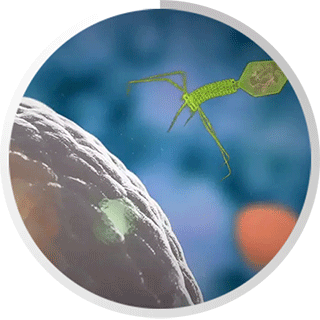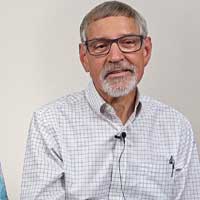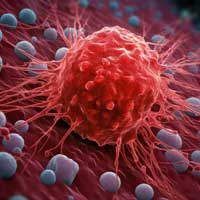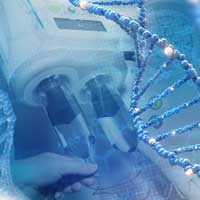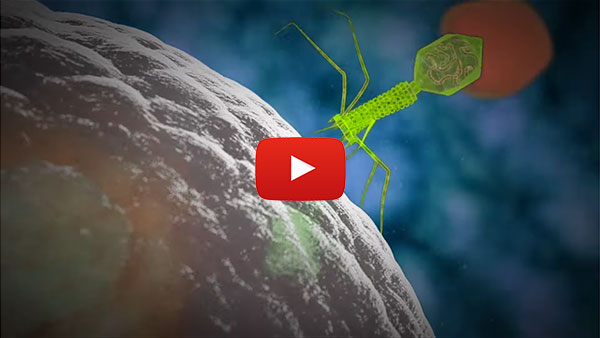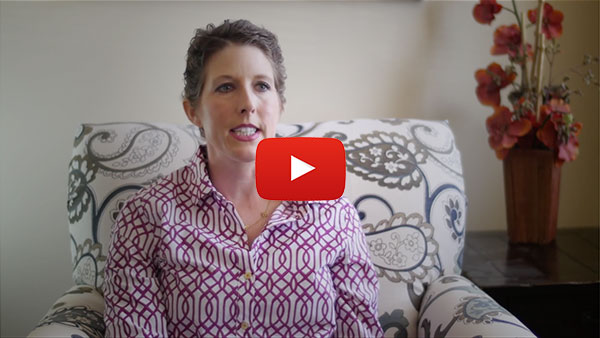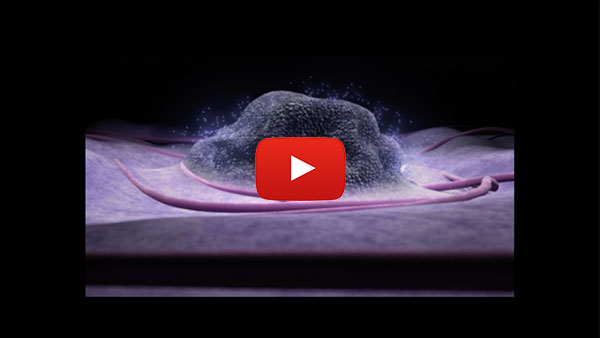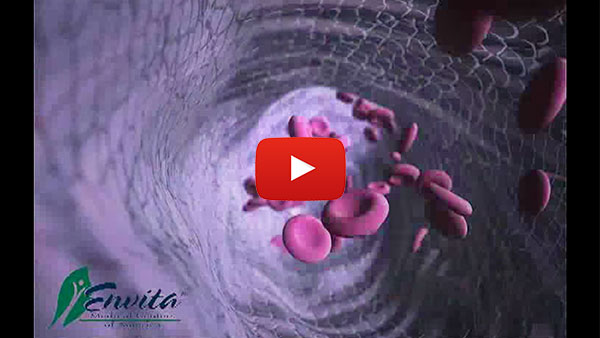Genetics - Changing the Face of Chemotherapy and Cancer Treatment
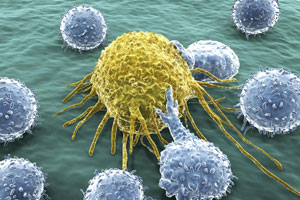
Genetic testing is changing the face of cancer treatment completely but if it is provided to a patient it is usually done incorrectly if at all, according to Dr. Dino Prato, founder of Unipathic Medicine and CEO of Envita Medical Centers (a leader in integrative medicine for cancer treatment).
Time Magazine has even stated that, “Screening tumors (with genetic tests) could lead to smarter decisions about which cancer treatments will work best for individual patients.” However, one of the major problems with this is that most cancer centers don't use genetic testing until the patient finally fails standard treatment or as a last resort. This means that by the time they begin to test the genetics of the original cancer biopsy it has already mutated and may have become chemo resistant.
Testing circulating tumor cells alongside the original tumor biopsy is essential because cancer cells mutate for many reasons such as chemotherapy treatment regimens, radiation, or the natural progression of the disease. By using this method, the circulating tumor cells help to give us a real time look at these changes. If patients have had treatment regiments that have failed, we are now able to ask the question, “why?” Years ago, we found exciting laboratory markers but no treatments that targeted those markers, so naturally, we developed unique proprietary methods for targeting. The process our group has developed to test and treat late stage and complex cancers is not mainstream by any means but it is certainly needed by patients who have cancer.
If it were easy, everybody would be doing it, but testing genetic markers to chemotherapy does not always work, and that is the struggle when confronted with the issue of incorporating cancer treatment based off genetics. Jeffrey Engelman from Massachusetts General Hospital says, “Sometimes there are genetic mutations in genes that we can't target [with a drug]. And sometimes we don't know what mutations are driving the cancer” (1). A smarter way to tackle these hurdles is to use a combined series of genetic tests while incorporating a targeted combination of immunotherapy, phytotherapeutics, as well as newer and more targeted chemotherapy in order to solve these problems. We call it GTFC™ or Genetically Targeted Fractionated Chemotherapy and it has had some success with certain patients and cancer types.
It is necessary to be ahead of the curve when it comes to cancer treatment and incorporate the best technology and research from around the world. In our opinion, this is the future of cancer treatment; genetics and molecular profiling being the way forward. It's not enough to use buzz words like genetic testing and integrative medicine, it must be properly applied in the correct manner to help save and extend patients' lives and that has been our aim for well over a decade. If you have any questions about this article or more personalized approaches to cancer treatment, please contact us.

